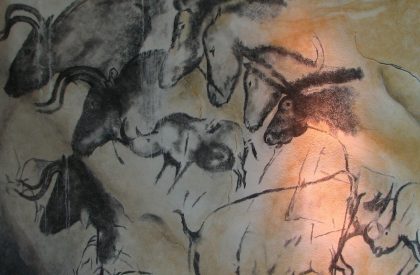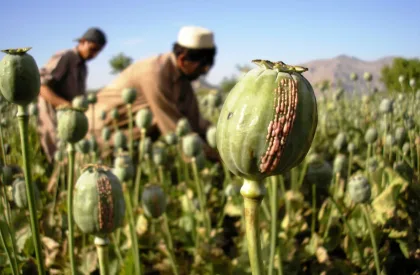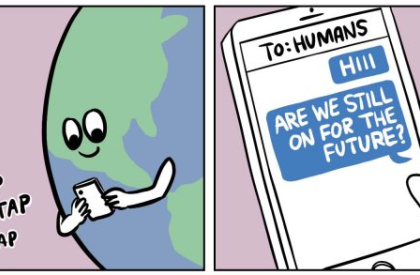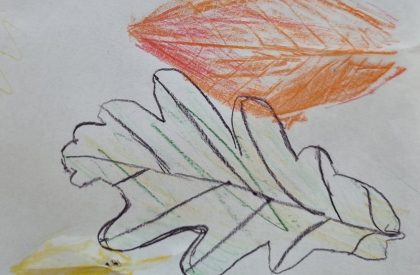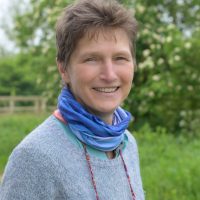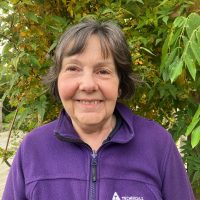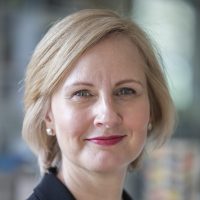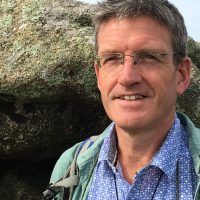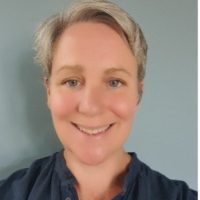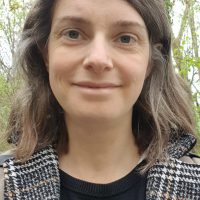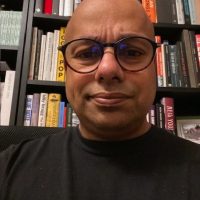Teaching for Sustainable Futures
Our landmark programme of free professional development supports teachers to incorporate issues of climate change, nature and sustainability into their lessons in relevant, engaging and hopeful ways. It is research-informed, quality assured by UCL and tailored by subject and age phase.
“I have been a teacher for 16 years and feel more engaged and refreshed in perspective than I have about anything for ages…. thank you for such an inspiring and thought-provoking module.” – History teacher
There are two strands to this programme. The first strand is a 35-minute film, Looking to the future: an introduction to climate change and sustainability in schools, which is for anyone working in a school. The second strand is our suite of subject modules.

